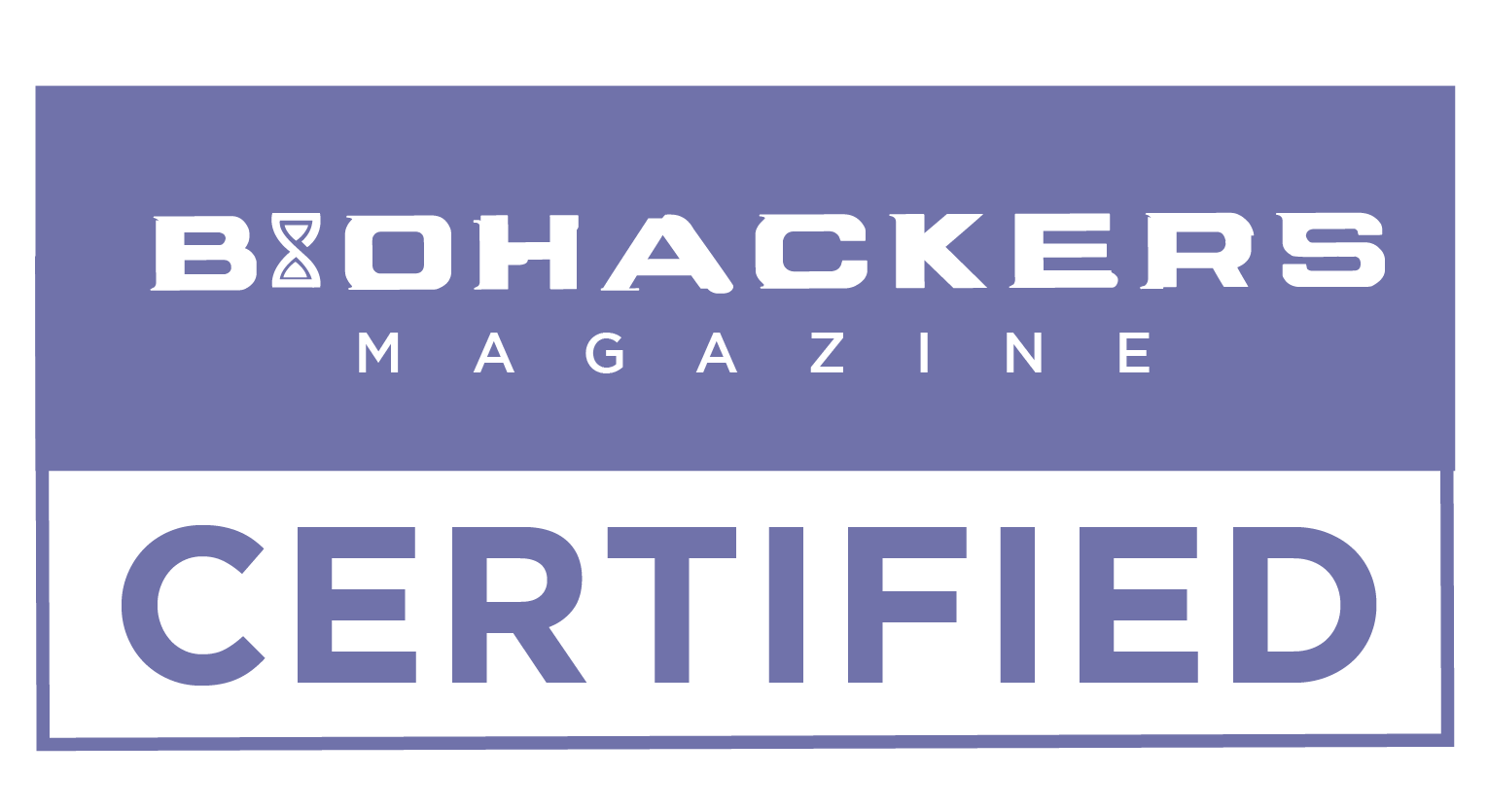In the realm of biohacking, where science and technology intersect to amplify human potential, the concept of becoming a cyborg has captured the imagination of many. The fusion of biology and technology opens up a world of possibilities, from enhancing physical capabilities to augmenting cognitive functions. As the biohacking movement gains momentum, the emergence of Cyborg Certification has become a hallmark of authenticity and safety. In this blog, we delve into the science behind Cyborg Certification, unveiling how this process ensures that only the best in biohacking are granted this futuristic badge of honor.
The Rise of the Cyborg
The term “cyborg,” derived from “cybernetic organism,” refers to an individual who has integrated technological enhancements into their biology. This can range from implanting microchips for RFID capabilities to using neural interfaces for cognitive enhancement. The cyborg movement represents the cutting edge of biohacking, where the lines between human and machine blur, offering the potential to transcend human limitations.
Science-Backed Enhancements
Cyborg Certification is rooted in the application of scientific principles to ensure that biohacking interventions are both safe and effective. The integration of technology into the human body demands a thorough understanding of the interaction between biology and machinery. Cyborg Certification requires candidates to undergo rigorous evaluations, where the scientific validity of the proposed enhancements is examined. This process weeds out pseudoscientific claims and ensures that only interventions backed by robust evidence are granted certification.
Risk Assessment and Ethical Considerations
The journey toward Cyborg Certification involves an in-depth analysis of potential risks and ethical implications. Scientific experts assess the potential health risks associated with the integration of technology, considering factors such as biocompatibility, immune responses, and long-term effects. Ethical considerations also come to the forefront, as candidates and evaluators navigate questions surrounding bodily autonomy, consent, and the potential impact on societal norms.
Validation of Performance Improvements
One of the core tenets of Cyborg Certification is the validation of performance improvements. Whether it’s enhancing cognitive capabilities or optimizing physical prowess, candidates are required to demonstrate measurable benefits from their biohacking interventions. Rigorous testing and assessment protocols are established to ensure that any claims of performance enhancement are substantiated by empirical data. This validation process ensures that Cyborg Certification is granted only to interventions that genuinely elevate human potential.
The Role of Peer Review
Peer review plays a critical role in the Cyborg Certification process. Just as scientific research undergoes peer review to ensure rigor and accuracy, biohacking interventions are subject to scrutiny by experts in relevant fields. This process fosters transparency and accountability, safeguarding the integrity of Cyborg Certification. The collective knowledge and experience of peers contribute to a comprehensive evaluation, raising the standards for interventions seeking certification.
A Commitment to Safety
Cyborg Certification embodies a commitment to safety above all else. The integration of technology into the human body carries inherent risks, and the certification process aims to mitigate these risks to the best extent possible. Candidates are required to provide detailed information about the materials used, potential side effects, and contingency plans in case of complications. The science behind Cyborg Certification ensures that interventions meet stringent safety criteria, minimizing the potential for adverse outcomes.
Joining the Ranks of Ethical Cyborgs
Earning the Cyborg Certification isn’t just a badge; it’s an emblem of responsibility and ethical biohacking. Those who successfully navigate the certification process become part of a select group of individuals who have demonstrated a commitment to pushing the boundaries of human potential within a framework of scientific rigor and ethical considerations. Cyborg Certification distinguishes individuals who are not only pioneers but also stewards of responsible technological integration.
Conclusion
The science behind Cyborg Certification sheds light on the meticulous process that ensures only the best in biohacking earn this futuristic badge. This certification is a testament to the marriage of science and technology, where the boundaries of human potential are pushed while upholding the values of safety, evidence-based practices, and ethical considerations. As the world of biohacking continues to evolve, Cyborg Certification stands as a beacon of authenticity, reflecting the highest standards of excellence in the pursuit of human enhancement.

